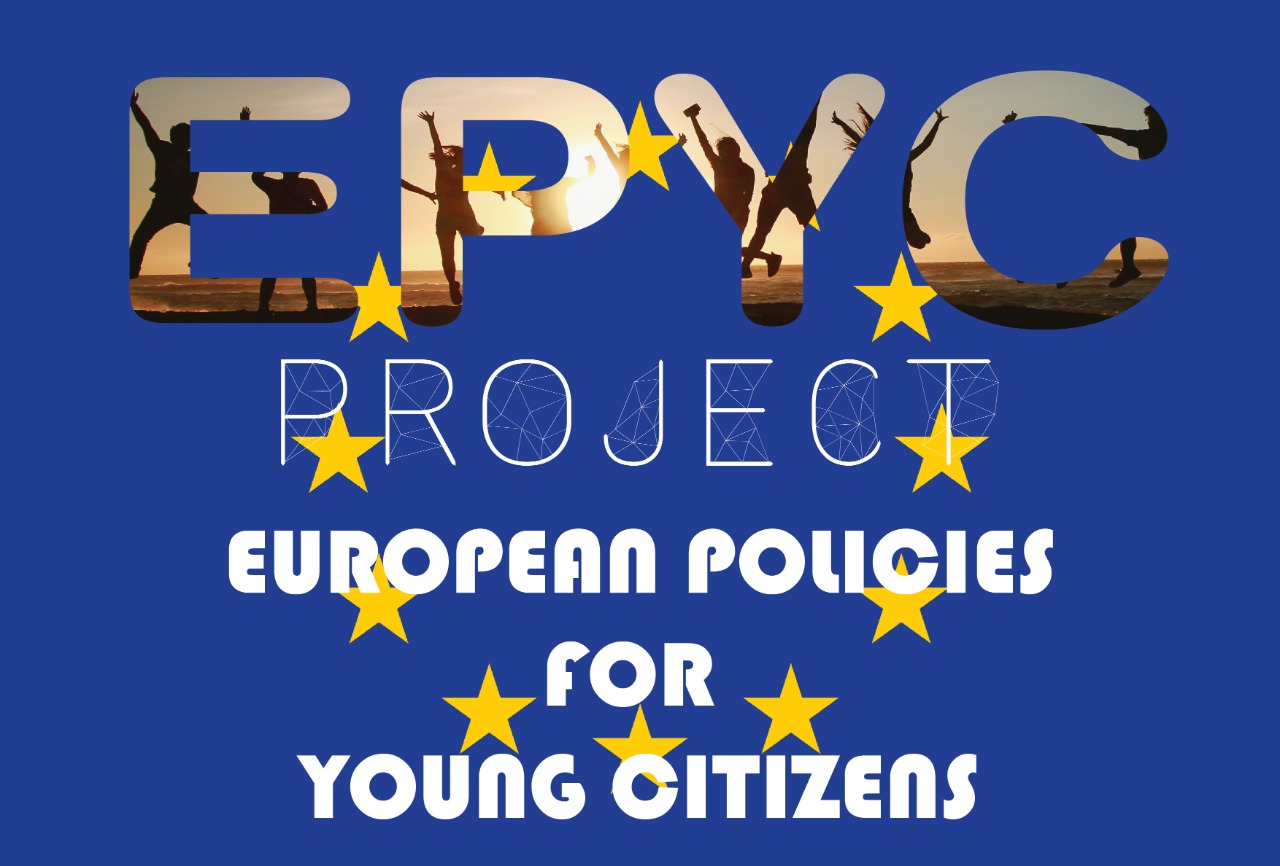Empowering through online webinars
First step towards the solution
April 5, 2024The final research is finally available!
April 5, 2024We’re excited to shine a spotlight on the transformative power of online webinars in our journey towards empowerment and engagement. In a world where digital connectivity has become more important than ever, our webinars have emerged as invaluable platforms for learning, sharing, and collaboration.
Over the past few weeks, we’ve had the privilege of hosting a series of dynamic and interactive webinars, bringing together young European citizens from Italy, Romania, Sweden and Germany. These webinars have not only provided a space for us to connect across borders but have also served as catalysts for meaningful dialogue and action.
Our 4 webinars have covered a wide range of topics, from youth empowerment and civic engagement to sustainable development and digital democracy. Through engaging presentations and interactive discussions, participants have had the opportunity to learn from each other, exchange ideas, and explore innovative solutions to pressing challenges.
One of the most inspiring aspects of our webinars has been the diversity of perspectives and experiences shared by our speakers and participants. This diversity not only enriches our conversations but also reminds us of the power of collaboration and solidarity in driving positive change.
But perhaps most importantly, our webinars have fostered a sense of community and belonging in these uncertain times. At a time when physical distancing has become the norm, our virtual gatherings have provided a space for us to come together, support each other, and inspire one another. Through laughter, solidarity, and shared passion, we’ve forged connections that transcend borders and boundaries, reminding us of the strength and resilience of our collective spirit.
As we look ahead, we’re excited to physically meet in the next months, so don’t miss the project updates. First step, Rome where PROGEU will host the participants to debate and discuss about Digital Democracy Tools.
Funded by the European Union. Views and opinions expressed are however those of the author(s) only and do not necessarily reflect those of the European Union or the European Education and Culture Executive Agency (EACEA). Neither the European Union nor EACEA can be held responsible for them.
